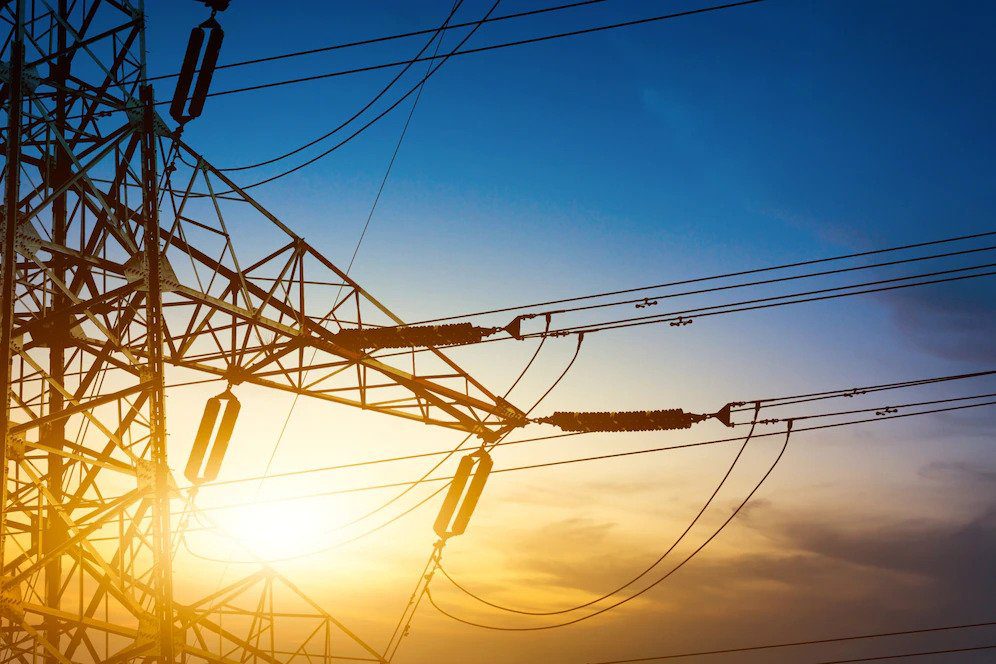Our Responsibility To Energy Matters

According to the report given by the Energy and Petroleum Regulation Authority statistics report 2021,” Kenya has an installed (grid-connected) electricity capacity of 2,990 MW. The energy mix is as follows: Hydro 838MW, Geo 863MW, Wind 437MW, Biomass 2MW, Solar 173MW and finally Thermal 677MW.”The demand grows at an average rate of 4.5% year on year driven by high activities according to. We therefore as a country need to put in place some measures that will enable us to increase power generation from renewable energy sources. The need for power is greatly increasing at an average rate of 4.5% year-on-year and will continue to increase especially with population increase, and advancement of technologies such as smart grid, clean-tech and among others. This calls for vigilance when it comes to energy consumption but also in generation, transmission, and distribution.
The government through Energy and Petroleum Regulation Authority has laid a basic foundation for the implementation of energy policy from the Energy Act 2019 in all sectors. Implementing the Energy Act is key to Kenya achieving its Vision 2030 and in meeting SDG7. It is stipulated from the Energy Act Part VIII section 188 (5) that the owner of a building or factory shall keep energy records for a minimum of five years or face penalty charges also in section 189 (1) the owner of a factory or building shall information conserve energy, audit and analyze energy consumption in accordance with the standards, criteria and procedures as prescribed by regulations.
However, a high number of industries and plants have no idea of the existence of such a policy and its effects, despite being high consumers. We need to work together on enforcing policies which have been put in place. Having large consumers who are champions for energy management; and advocate for this policy is very critical in achieving the overall agenda of energy conservation. Organizations will also gain by having reduced expenses and more profits.
Policies are essential in guiding industries and organizations to manage their energy efficiently. They will be able to: keep detailed data on their consumption for each high and low loads equipment, conservation measures for each process being undertaken, energy audit records, and most importantly data from implementation of conservation measures. Conservation applies also in our homes by having habits such as putting off lights in areas where not needed, switching off appliances when not in use and many more. Incorporation of technologies like Internet of Things (IoT) in energy, brings in an array of significance especially in managing, visualizing, predicting, and pattern identification.
Energy conservation is a responsibility for everyone; whether in an industrial or residential capacity. Industries who are the highest consumers ought to lead by implementing the policy put in place for their energy management. In addition each and every individual should take up the mantle by developing behaviors and habits which bring a positive effect on energy management. As we endeavor to be responsible for our renewable energy sources and environment at large we reduce climate change effects thus reducing health and environmental effects associated with it.
Back to ArticlesJoin Our Newsletter
Stay ahead of the curve with our engineering and tech news delivered straight to your inbox